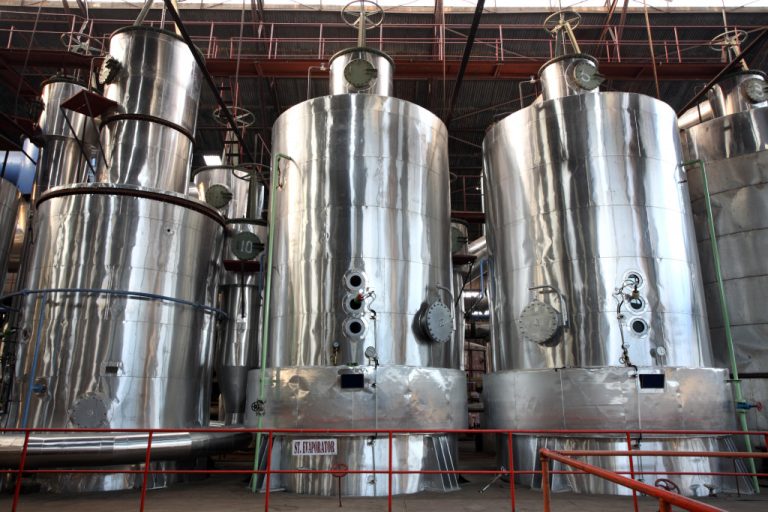The construction industry has drastically changed because of the COVID-19 pandemic. Many workers have been laid off, and those who are still employed are working reduced hours. This is causing a lot of financial stress for both workers and businesses in the industry. Read below to learn more about these changes that are taking place in the construction industry.
1. Many workers have been laid off
In the construction industry, there are a lot of workers who are employed in temporary or seasonal positions. As a result of the COVID-19 pandemic, many of these workers have been laid off. For example, a recent survey found that 43% of construction companies had laid-off workers due to the pandemic. The virus has also caused a reduction in hours for those who are still employed. This made it difficult for workers to make ends meet, which caused a lot of financial stress for both workers and businesses in the industry.
2. Businesses were struggling to stay afloat
With so many workers being laid off, businesses in the construction industry struggled to stay afloat. In fact, a recent study found that 60% of construction businesses said they were not making a profit. This is because businesses had to pay workers even though they were not working, and they also had to pay for other costs such as insurance. Aside from the financial stress, businesses were also dealing with the logistical challenge of trying to operate remotely.
3. Construction companies became more competitive than ever before
In order to stay afloat, construction companies had to become more competitive than ever before. This meant that they had to offer lower prices and better deals to their customers. With this, only the strongest and most competitive companies survived the constant lockdowns. People looking to hire construction workers also had to be more selective about who they hired to ensure that they were getting the best quality for the lowest price.
4. Construction projects had to focus on better quality builds
Because of the high competition, construction projects had to focus on better quality builds. Companies could no longer afford to have any mistakes in their work. They invested in durable products and worked with reputable manufacturers like Americas Industrial Supply to fill the needs of their job. They are also starting to make sure that their workers are highly skilled and had the proper training. This ensures that the construction projects are completed on time and within budget.
5. Many construction projects were canceled
Projects in the construction industry were canceled at a much higher rate than usual because of the COVID-19 pandemic. Many businesses could not afford to have their workers working reduced hours or not at all. Most building projects from 2020 were either postponed or canceled. This had a significant impact on the economy, as the construction industry is one of the largest employers in the country.
6. Construction workers became more desperate for work
Since there were so many construction workers who were laid off, those who were still employed became more desperate for work. They were willing to work longer hours and for lower pay. This caused a lot of tension between workers and businesses. Businesses were not happy with the fact that workers were asking for more money, and workers were not happy with the fact that they were being asked to work for lower pay.

7. The industry is starting to rebound
But with everything that has happened, the industry is starting to rebound. There are many construction projects that are starting to be planned and workers are starting to be hired again. This is a good sign for the industry and shows that it is bouncing back from the COVID-19 pandemic.
8. The future of the construction industry is uncertain
Although the industry is starting to rebound, the future of the construction industry is still uncertain. This is because the COVID-19 pandemic has caused so many changes in the way that businesses operate. Not only did it affect the construction industry, but it also affected other industries such as retail and hospitality. It is still unclear how all of these industries will be affected in the long run.
9. The construction industry will have to adapt
Although, one thing is certain: the construction industry will have to adapt in order to survive. This means that businesses will have to find new ways to operate and workers will have to find new ways to be productive. The world is starting to recover from the effects of this pandemic and many people have already adapted to the new normal. The construction industry will eventually have to do the same.
The COVID-19 pandemic has had a significant impact on the construction industry. It has forced companies to become more competitive, it has caused many construction projects to be canceled, and it has made workers more desperate for work. However, the industry is starting to rebound and there are many construction projects that are being planned. The future of the construction industry is still uncertain, but it will have to adapt and become more resilient to survive and prosper.

















